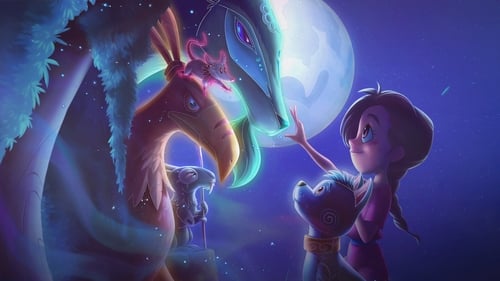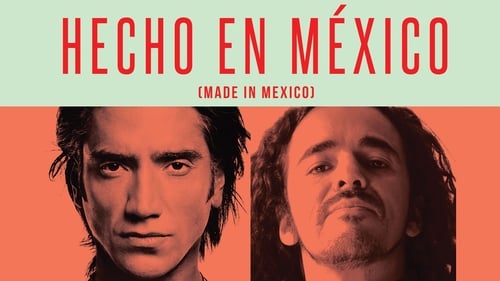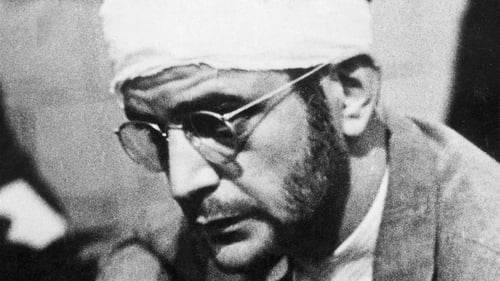
Elena Poniatowska
Nacimiento : 1932-05-19, France
Historia
Hélène Elizabeth Louise Amélie Paula Dolores Poniatowska Amor (born May 19, 1932), known professionally as Elena Poniatowska is a French-born Mexican journalist and author, specializing in works on social and political issues focused on those considered to be disenfranchised especially women and the poor. She was born in Paris to upper-class parents, including her mother whose family fled Mexico during the Mexican Revolution. She left France for Mexico when she was ten to escape the Second World War. When she was eighteen and without a university education, she began writing for the newspaper Excélsior, doing interviews and society columns. Despite the lack of opportunity for women from the 1950s to the 1970s, she wrote about social and political issues in newspapers, books in both fiction and nonfiction form. Her best known work is La noche de Tlatelolco (The night of Tlatelolco, the English translation was entitled "Massacre in Mexico") about the repression of the 1968 student protests in Mexico City. Due to her leftwing views, she has been nicknamed "the Red Princess". She is considered to be "Mexico's grande dame of letters" and is still an active writer.

Cuca (voice)
La paz de un pequeño pueblo corre peligro cuando una corporación quiere destruir la montaña que los protege. Una niña llamada Copi y su mejor amigo Xico, un perro Xoloitzcuintle, irán a las montañas para intentar salvar la ciudad.

Carlos Salinas de Gortari es uno de los presidentes más cuestionados de México, sin embargo, logró reunir a su alrededor a prominentes miembros de la élite cultural del país, tal y como lo muestra una fotografía en la que aparece acompañado por personajes célebres del siglo XX y también por una misteriosa muñeca, que nada tiene que ver con la vieja controversia sobre la relación entre los intelectuales y el poder.

Documentary about the life and work of abstract artist Manuel Felguérez; one of the most important Mexican painters and sculptors of the 20th century, and a benchmark of the Generación de la Ruptura (Breakaway Generation). At 87 years-old, Felguérez is a consecrated master who creates by starting from chaos, generating random shapes and spots, to later give them order and finally turn them into art.

An account of the relationship of brotherhood between Cuba and Mexico led by an unprecedented interview with Eliseo Alberto Diego, Lichi that weaves together history, music, cinema, literature, and the character of both nations. Its also presents testimonies of diplomats, intellectuals, artists, athletes, educators and townspeople, who speak of this cultural fraternity.

In the course of Alaide Foppa's life, she became a precursor of feminism in Mexico. She was an immigrant who, in her own way, tried to break the molds established by her upper-class upbringing. Her sensitivity and intellectual development made her question matters of social injustice, educational and gender inequalities, the importance of socially-committed art forms and the vindication of democracy throughout Latin America. Her tragic end reveals much about the history of Guatemala.

Herself
Tina Modotti was the most important photographer of the twenties from last century in Mexico. Born in Udine in northeastern Italy, at age 16 emigrated, like millions of Italians to America. Ther she worked as a model and actress, but when renowned photographer Edward Weston chose Mexico as his home, Tina learned from him the craft and it was here where she made his photographic work. The crosslinking of art, activism, love and tragedy in her life, are the subjects of this documentary.

Self
From Diego Luna and Alejandro Fernandez, to Carla Morrison and Chavela Vargas, Duncan Bridgeman weaves a cinematic tapestry composed of original songs and insights from the most iconic artists and performers of contemporary Mexico. With striking visuals, the movie captures the rich diversity of Mexican geography, art, music, and culture. It is a rare look at the country's real identity, and an unparalleled celebration of what it truly means to be "Hecho en Mexico."

Writer
Una novia, cinco novios. Mucho que explicar.

Es un veinte de agosto de 1940, estamos en una casa de Coyoacán, en las afueras de la ciudad de México, y pasan unos minutos de las cinco de la tarde. Un hombre joven hace un movimiento, saca un piolet que escondía en su empermeable y golpea el cráneo del anciano. El asesinado se llama León Trotski, fundador del Ejército Rojo, líder de la Revolución Sovietica, perseguido por Stalin y refugiado en México. EI asesino dice llamarse Jacques Mornard. En realidad se llama Ramón Mercader del Rio. Es un español, un agente de la KGB, un hombre con una misión. Despues de aquel crimen Ramón Mercader vivió su propio infierno. Conoció la cárcel y el olvido, el amor y la ternura, el desprecio y la admiración, la soledad y el exilio. Perdió la identidad, vivió y murió con el nombre de otro. Nunca se mostró publicamente arrepentido. (FILMAFFINITY)






